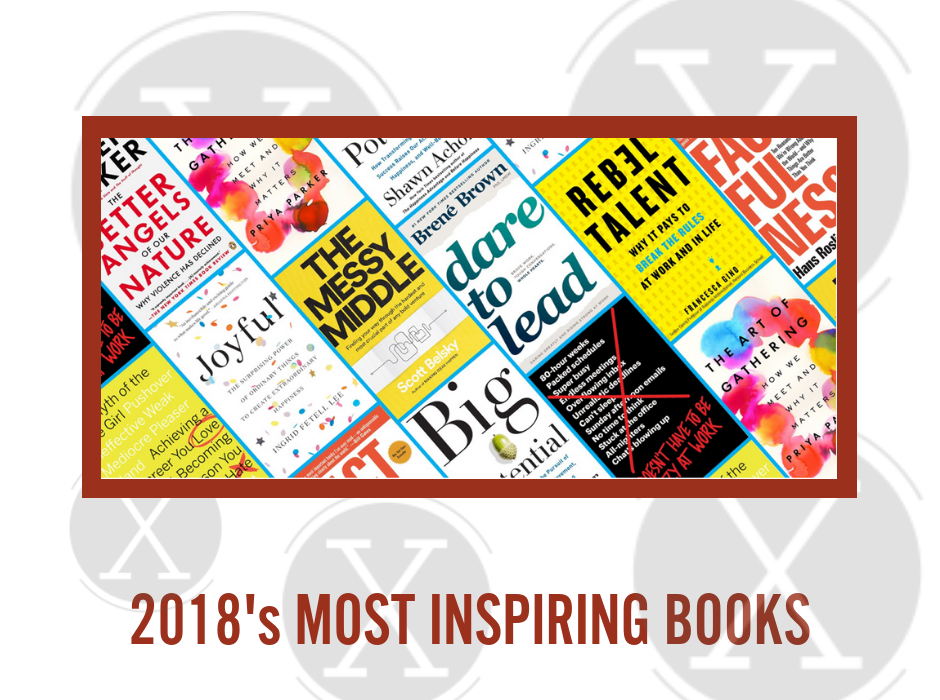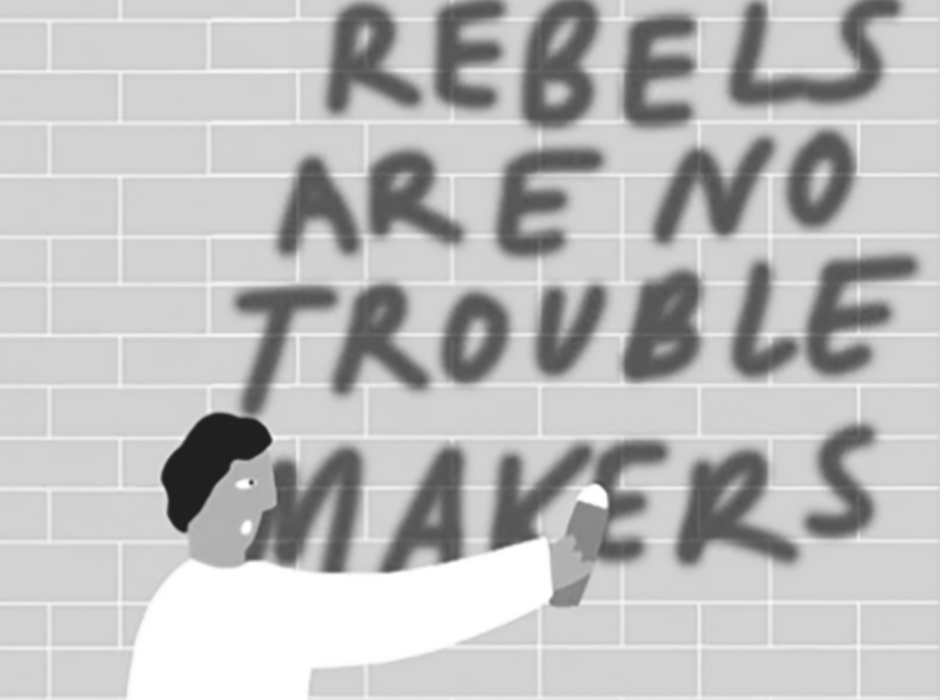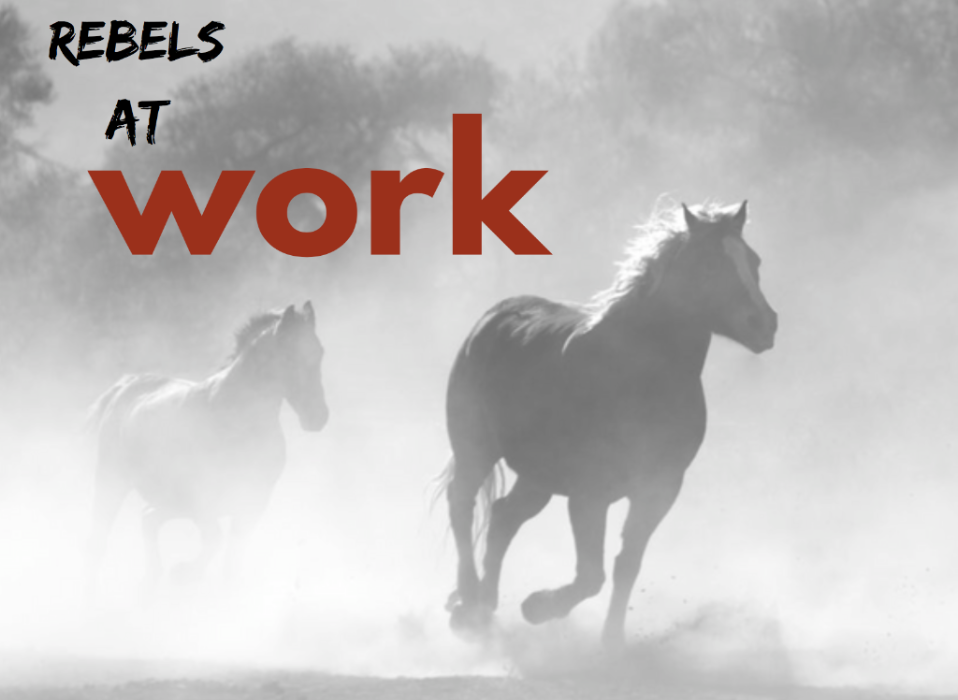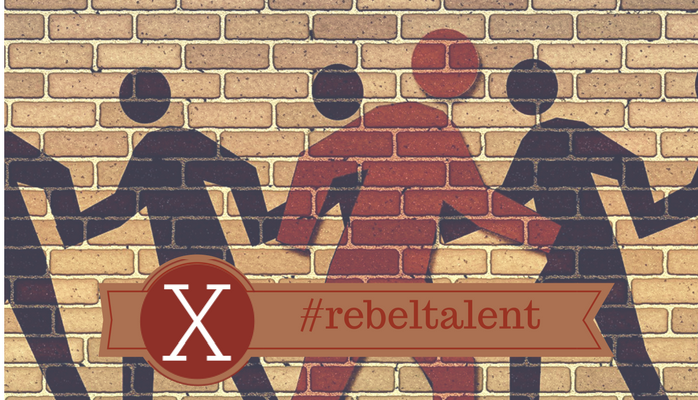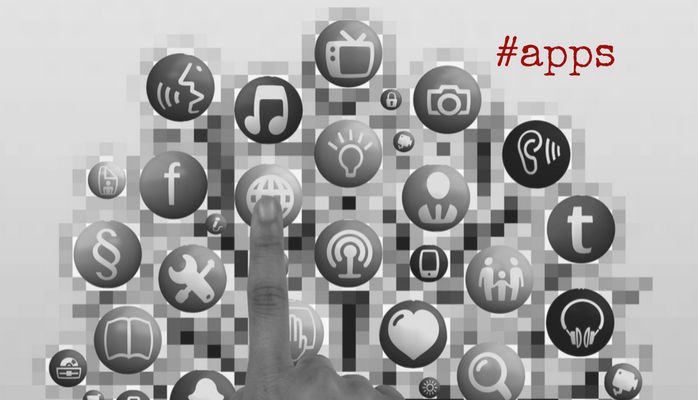Croixstone Consulting Celebrates 7th Business Anniversary
“On our lucky number 7 business anniversary, I offer the deepest thanks to our consultants, search professionals, clients, leadership team, business partners, friends and family to whom we owe the ongoing success of our unique firm.”
– Patti Weber, CEO
Where it began: 7 years ago this month, our founders Patti Weber (a former leader with Accenture and public school educator) and Mark Weber (a serial entrepreneur, consulting industry veteran, and former staffing industry executive) launched Croixstone Consulting in a former photography studio loft in Charlotte’s vibrant South End neighborhood.
The inspiration: The conventional consulting industry is notorious for recycling PowerPoint decks and burning out its consultants. These practices, along with other systemic issues in the consulting industry, contribute to the delivery of subpar services to clients. The Webers believed there was an opportunity to build a high-performing, boutique firm around consulting industry mavericks (known as constructive noncomformists) who could deliver their expertise and passions in a better way, while concurrently fueling innovation and solving problems for clients.
The name: Rivers are an indispensable part of our lives, and they are wonderful gifts from nature that have the power to teach us. The inspiration for Croixstone’s name is the St. Croix River (French: Holy Cross), a tributary of the Mississippi River that forms a border between the states of Wisconsin (the home state of the Webers) and Minnesota (where the firm’s founders each began their careers).
The right way to say our name: “kroy-stone.”
Our achievements: We’ve packed a lot into our 7 years in business. As a small but mighty firm, we not only survived, but thrived, amidst the global pandemic. We owe a huge thank you to all those who believed in our ability to deliver a differentiated business model for our consultants, clients and internal leadership team. Here are some of our key achievements over the past 7 years:
• 2016 – Croixstone was launched in Loft 309 of the former Lance Crackers building on South Boulevard in Charlotte’s trendy South End neighborhood.
• 2017 – Inspired by a future of work conference that Mark Weber attended in NYC, Croixstone relocated to the One South tower in Uptown Charlotte and is a founding member of the Industrious coworking community.
• 2019 – Croixstone launched the firm’s human capital and executive search practices.
• 2020 – Croixstone received national certification as a Women’s Business Enterprise (WBE) by the Greater Women’s Business Council, a regional certifying partner of the Women’s Business Enterprise National Council (WBENC). Additionally, Patti Weber was accepted a part of a competitive application process into FORTUNE magazine’s “Rebuild Program.”
• 2021 – Patti Weber was selected as one of only 25 women in the USA to participate in the “Accelerated Growth Program” sponsored by Wells Fargo and hosted by the National Association of Women Business Owners. Additionally, Patti was also named to The Charlotte Ledger’s 2021 “Forty Over 40” list in recognition for her contributions in making Charlotte a better place to live, work and play.
• 2022 – Croixstone landed on the Charlotte Business Journal’s “Fast 50” list as the Charlotte region’s second fastest-growing private company.
• 2023 – Croixstone was ranked #11 on Inc. magazine’s fourth annual “Inc. 5000 Regionals: Mid-Atlantic” list, the most prestigious ranking of the fastest-growing private companies in the District of Columbia, Delaware, Maryland, North Carolina, Virginia, and West Virginia.
Learn more: Checkout Croixstone’s Linktree to learn more about unique firm.




